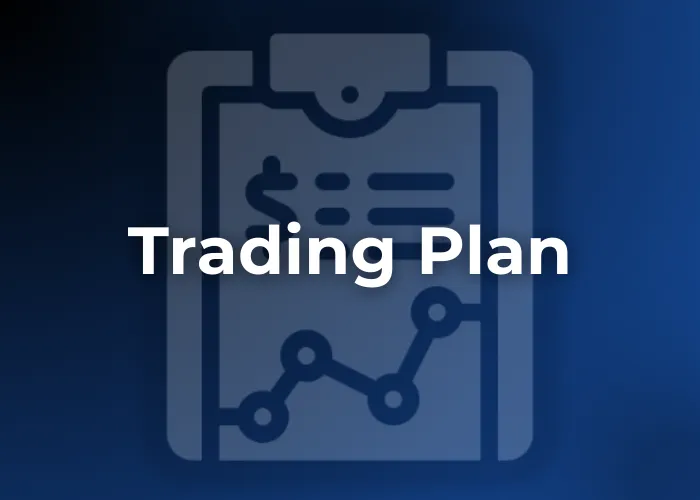
Trading Plan
Why Every Trader Need a Trading Plan
Prediction is not the key to successful trading. Consistency is. But consistency does not happen by accident. It is the result of a well-designed trading plan that helps you make objective decisions free from emotion and uncertainty
Let us break down what a trading plan is, why it is essential, and the key components you need to build one
What Is a Trading Plan?
A trading plan is a structured set of rules and guidelines that governs your market activity. It clearly defines
Entry and exit criteria: When to open and close trades and which instruments to trade
Risk management rules: Position sizing, stop-loss placement, and maximum risk per trade
Market engagement: When to trade and when to sit out
The goal is simple. Reduce real-time decision-making so your process does not mirror the chaos of the markets
Your blog serves as a platform through which you can share information, knowledge, and tips on your preferred topics. This allows you to provide valuable content with value in return. The more time readers spend on your website, the more chances there are for them to get familiarized with your business and become customers down the line.
Why Traders Fail Without a Plan
Trading without a plan turns every trade into an emotional gamble. This often leads to
Inconsistent entries and exits
Poor stop-loss placement
Ineffective risk management
Overtrading, chasing trades, or freezing in volatile markets
A trading plan provides structure. It allows you to focus on execution rather than speculation and produces actionable data that you can refine through trade journaling and review
How to Build a Trading Plan That Works
Creating a trading plan is not just about rules. It is about discipline and adaptability. A robust plan should include
Market selection: choose instruments that suit your style and strategy
Entry and exit rules: define setups, confirmations, and profit targets
Risk management: set stop-losses, position sizes, and maximum daily risk limits
Routine review: consistently analyze trades and performance to identify patterns and areas for improvement
With a clear plan, trading becomes a repeatable process rather than a series of emotional guesses
Final Thoughts
Markets are unpredictable, but your approach does not have to be. A trading plan acts as your compass keeping you disciplined, focused, and long-term oriented. If you are serious about consistent growth and profitability, trading without a plan is not an option.